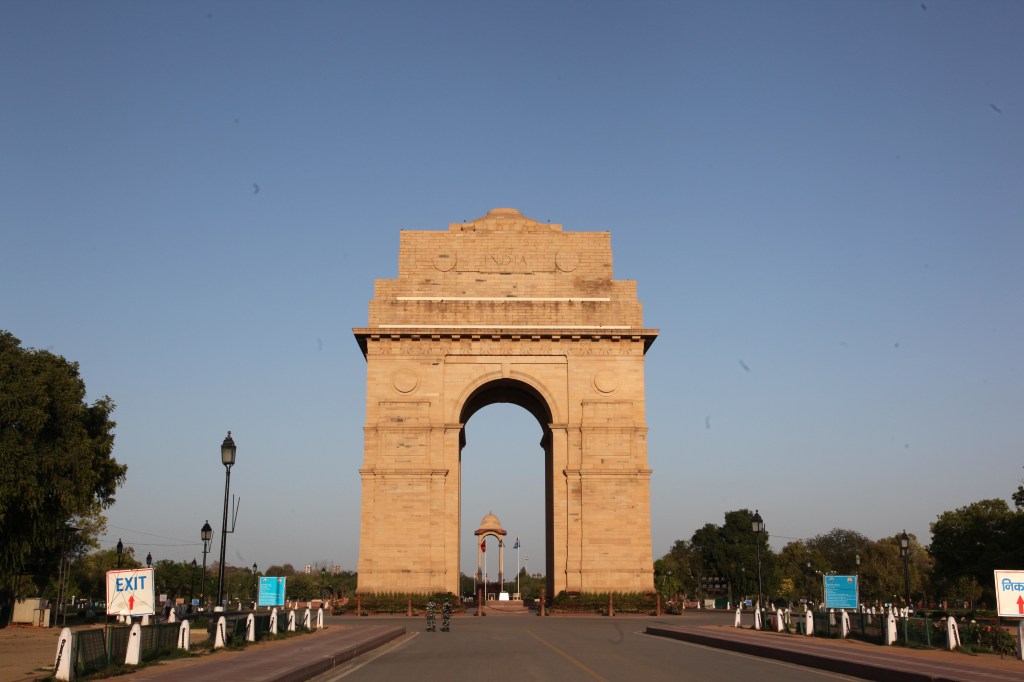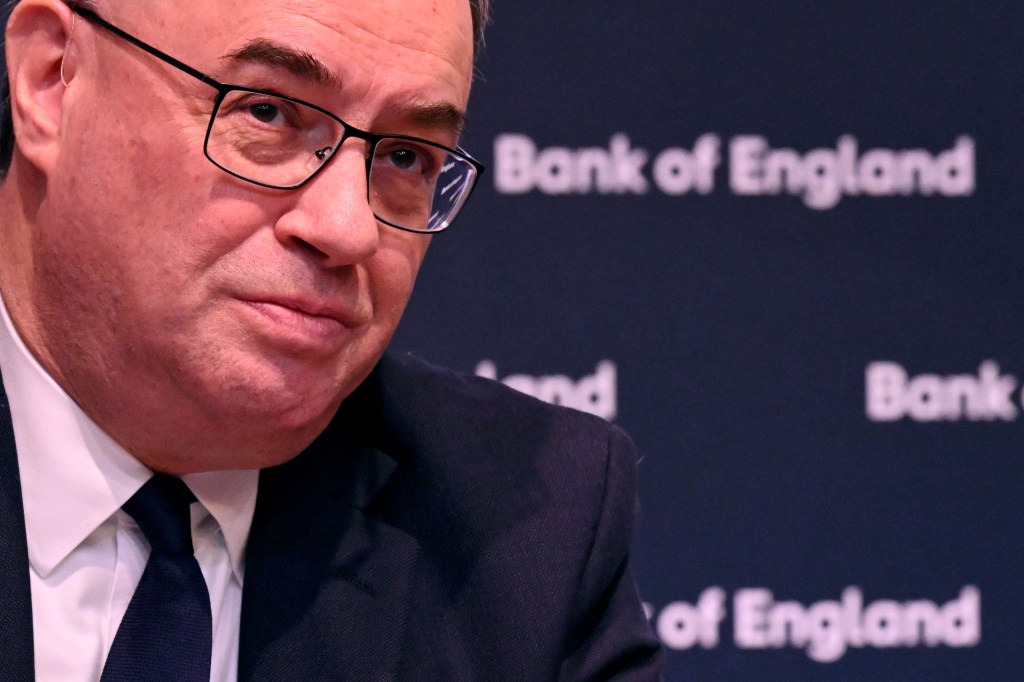BoE governor Andrew Bailey yesterday signalled a review of UK bank deposit insurance. He was speaking in Washington just weeks after criticising US handling of recent banking turmoil.
He questioned the rule that established a clear dividing line between deposits that are guaranteed and those that are not, saying: “Practice,
Register for free to keep reading.
To continue reading this article and unlock full access to GRIP, register now. You’ll enjoy free access to all content until our subscription service launches in early 2026.
- Unlimited access to industry insights
- Stay on top of key rules and regulatory changes with our Rules Navigator
- Ad-free experience with no distractions
- Regular podcasts from trusted external experts
- Fresh compliance and regulatory content every day













